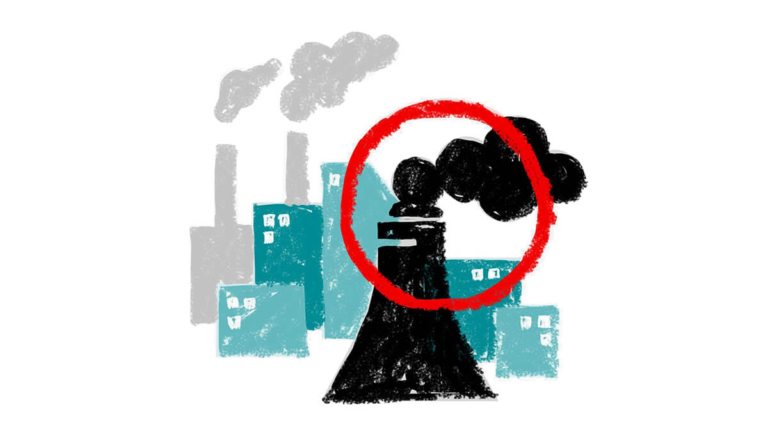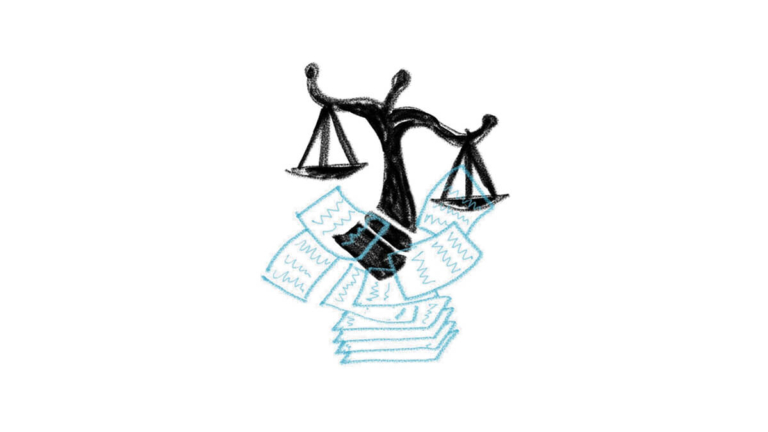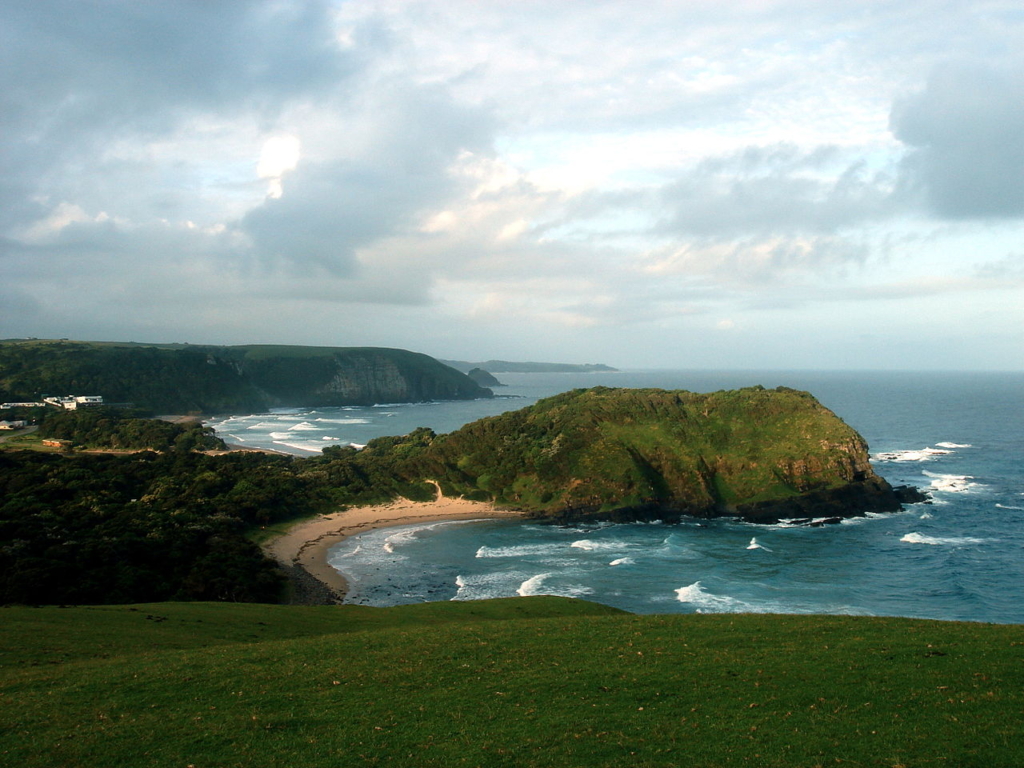Casebook Info
In order to limit global warming to 1.5 degrees Celsius, exploration for new fossil fuel reserves must stop. In spite of this, fossil fuel companies like Shell continue to make plans to develop new oil and gas reserves. This includes Shell’s plans to conduct seismic surveys for oil and gas reserves off the coast of South Africa. In response, a coalition of NGOs and communities asked the High Court of South Africa to issue a temporary order restraining Shell from proceeding with these surveys until the Court can assess the validity of the project. The High Court sided with the plaintiffs, blocking the seismic surveys until the case is ultimately resolved.
- Year Filed 2021
- Year of Most Recent Ruling 2022
- Year of Final Ruling N/A
- Jurisdiction South Africa
- Court Name High Court of South Africa (Eastern Cape Division, Grahamstown)
- Primary Focus Adaptation & mitigation
- Ruling On Merits
- Plaintiff(s) NGOs [Sustaining the Wild Coast, Dwesa-Cwebe Communal Property Association, All Rise Attorneys for Climate and the Environment] & Community Members
- Respondent(s) Government [Minister of Mineral Resources and Energy; Minister of Environment, Forestry and Fisheries] & Fossil Fuel Companies [Shell; Impact Africa Ltd; BG International Ltd]
- Outcome Interim ruling for plaintiffs (final decision is pending)
- Organizational leader of the litigation N/A
- Link to the decision/ruling
Background
It’s well known that prevention before the fact is less costly and more efficient than remedy after the fact. In the context of climate change and fossil fuels, it means that preventing the exploitation of new fossil fuel reserves and infrastructure can be more effective than challenging existing infrastructure and reserves already in use.
In that spirit, NGOs and communities in South Africa have taken on Shell, challenging its plans to conduct seismic surveys for oil and gas reserves off the eastern coast of South Africa, known as the ‘Wild Coast.’ In 2014, the Department of Mineral Resources and Energy and the Petroleum Agency of South Africa granted Shell the right to explore for energy reserves in a certain area of the ocean off the eastern coast of South Africa. Eventually, Shell consolidated plans to utilize this exploration right, planning to conduct seismic surveys for energy reserves below the sea floor in this area between December 2021 and April 2022.
At the end of 2021, a coalition of NGOs and community members filed a petition in the High Court of South Africa for an interim interdict, which is a temporary order preventing a person or organization from taking a certain action. The petition had two parts: one part asked the Court to prohibit the respondents from proceeding with the planned seismic surveying until an environmental authorization had been granted under an applicable statute (the National Environmental Management Act, NEMA), while the other part asked the Court to stop Shell and its associated corporate entities from proceeding with the planned surveying while the first part was under consideration by the Court.
In December 2021, the Court considered the application for the interim interdict. In particular, they ruled on the latter half of the request: whether to issue an order preventing Shell from proceeding with the seismic surveys while the claim about environmental authorization under NEMA was still pending with the Court. In order to grant this interim order, the plaintiffs needed to demonstrate that: (1) there is an applicable right, “even if it is open to some doubt”; (2) there is a reasonable basis for believing there would be imminent and irreparable harm done to the right if the interim order isn’t granted; (3) the balance of other considerations favors granting the order; and (4) the order is the only adequate remedy to prevent the harm. [Interim interdict decision, ¶7].
The Court addressed each of these four criteria. First, it found that there was a prima facie right – or, in other words, a first showing of a right impacted by the challenged seismic surveying. The plaintiffs argued that the following rights are implicated by the seismic surveying:
- The plaintiff communities’ right to meaningful consultation;
- The plaintiff communities’ customary rights, including to fishing;
- The statutory right under the National Environmental Management Act requiring environmental authorization for oil and gas exploration;
- Constitutional rights, including:
- The right to an environment that is not harmful to health or well-being (Sec. 24 of the South African Constitution);
- The right to language and cultural life (Sec. 30);
- The rights of cultural, religious, and linguistic communities (Sec. 31).
The Court focused in particular on the consultation process undertaken by Shell in the lead up to the grant of the exploration right and afterwards as the company developed plans to conduct seismic surveys. It found that the consultation process conducted by Shell was inadequate and substantially flawed for a number of reasons, including the company’s failure to advertise the consultations widely and in the language of affected communities. As a result, the plaintiffs succeeded in demonstrating that there was a prima facie right “which deserves to be protected by way of interim interdict.” [Interim interdict decision, ¶34].
The Court then turned to the question of irreparable harm. The plaintiffs had submitted a number of affidavits of experts, including marine biologists, detailing the harm that the proposed seismic surveying risked imposing on marine wildlife and ecosystems. Some such harms included physical harm to whales and wildlife from the extreme sounds produced by seismic surveying, disruptions to migration and reproduction patterns, and consequences for communities whose culture, spirituality, and livelihood depend upon the marine ecosystems in question.
Upon considering this evidence, the Court concluded that “there is a real threat that the marine life would be irreparably harmed by the seismic survey. Against the acceptance of the body of expert evidence, Shell’s denial that its activities will have an adverse impact on marine life cannot be sustained.” [Interim interdict decision, ¶64].
Regarding the remaining two criteria, the Court found that the balance of considerations (or, reasons to grant the order or not) favored granting the interim order – especially since constitutional rights are at stake. And, finally, the Court concluded that there were no alternative remedies available, aside from the requested interim order, that would address the harm risked by the surveys. The plaintiffs thus successfully proved all four criteria, and the High Court, as a result, issued an order barring Shell from proceeding with its survey plans until the second half of the plaintiffs’ petition is resolved by the Court.
“Shell should not now be allowed to use the consequences of its own failure to adequately consult with all interested and affected persons as a ground for why an interim interdict should not be granted against it. Constitutional rights are at stake. The financial loss that Shell and Impact Africa are likely to suffer cannot be weighed against the infringement of the constitutional rights in question. Put differently, the anticipated financial loss to Shell and Impact Africa cannot justify the infringement of the applicants’ constitutional rights. The breach of those constitutional rights threaten the livelihoods and well-being of the applicant communities as well as their cultural practices and spiritual beliefs. Where constitutional rights are in issue, the balance of convenience favours the protection of those rights.”
Interim interdict decision, ¶68
After the High Court handed down this decision, Shell requested permission to appeal the interim decision. In 2022, the High Court denied the application for appeal, concluding that the order is only a temporary restraint on Shell’s plans and that “there is no compelling reason why the appeal should be heard.” [Decision on request to appeal, ¶11].
The remainder of the petition is still pending, so it remains to be seen whether this temporary order restraining Shell from oil and gas exploration will be permanent. Regardless, this delay may ultimately be enough to kill Shell’s plans to explore for oil and gas in this area of the South African Wild Coast, in part by running out the time remaining on Shell’s authorization to conduct seismic surveys.
- Section 24 Provision of the South African Constitution guaranteeing the right to an environment not harmful to health or wellbeing
- Section 30 Provision of the South African Constitution guaranteeing the right to language and cultural life
- Section 31 Provision of the South African Constitution guaranteeing the rights of cultural, religious, and linguistic communities
Strategies
Challenging a fossil fuel project

In this case, the plaintiffs challenge Shell’s plans to conduct seismic surveying for oil and gas – an important initial step in the ultimate extraction and exploitation of fossil fuels. By challenging the development of fossil fuels at this early stage, the plaintiffs may succeed in preventing the development and ultimate use of fossil fuels extracted from the sea floor of the Wild Coast.
Centering rights

In their application, the plaintiffs highlighted the impacts that the proposed surveys would have on rights, namely community consultation rights as well as constitutional rights – particularly constitutional environmental, cultural, and religious rights. For the purposes of the interim relief, communities’ consultation rights were key: the High Court found that Shell’s consultation process was inadequate and substantially flawed. As a result, the plaintiff communities’ consultation rights, among others, were at stake and thus served as the basis for the interim order issued by the Court.
“Shell was under a duty to meaningfully consult with the communities and individuals who would be impacted by the seismic survey. Based on all the evidence, I am of the view that Shell failed to do so. The evidence shows that the consultation process in question was inadequate and substantially flawed.” [Interim interdict decision, ¶33]
Take-aways
The right to consultation can play an important role in targeting fossil fuel projects and other corporate projects contributing to climate change.
The High Court used the communities’ right to consultation and the finding that Shell’s consultation process was substantially flawed as the basis for issuing its interim order restraining Shell from proceeding with seismic surveys.
Tying together different forms of expertise can build an effective argument.
In the petition for interim relief, two components, among others, played a critical role: (1) the rights, including cultural rights, of communities, and (2) the evidence that proposed seismic surveying would harm marine wildlife and ecosystems. That’s because, in order for the Court to grant the interim relief, the plaintiffs needed to show that there was a right implicated as well as reasonable belief of imminent and irreparable harm.
In this case, the infringement of the communities’ consultation rights comprised the right implicated in the first instance, while the risks seismic surveying pose to marine wildlife and ecosystems comprised the urgent and potentially permanent harm.
The plaintiffs submitted evidence, including affidavits from community members as well as expert opinions from scientific specialists, to demonstrate how the seismic surveying would harm marine wildlife and ecosystems and thus communities’ cultural and spiritual rights (by explaining how intimately linked the marine ecosystems are to the communities’ culture and spirituality).
On this basis – after establishing the other criteria for interim relief had been met – the Court could make the initial ruling for the plaintiffs.
Impacts
The December 2021 decision by the High Court of South Africa granted the temporary order that the plaintiffs requested, thereby preventing Shell from proceeding with their planned surveys until the plaintiffs’ other claim – that Shell needs environmental authorization under a particular law – was resolved by the Court. In practice, this jeopardizes Shell’s ability to undertake this seismic surveying at any point, as their exploration rights expire soon.

